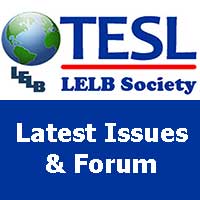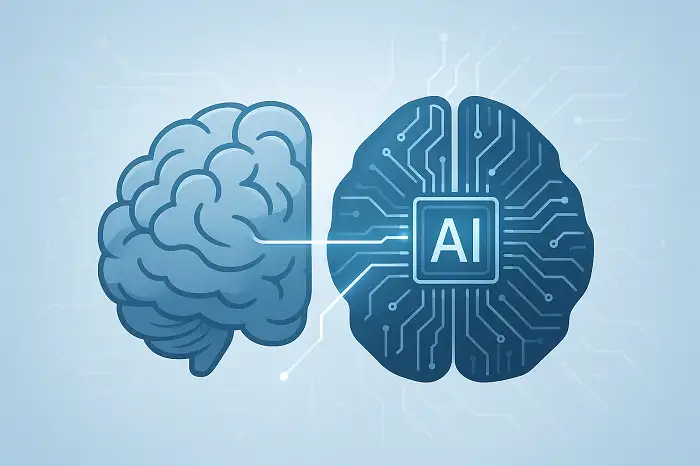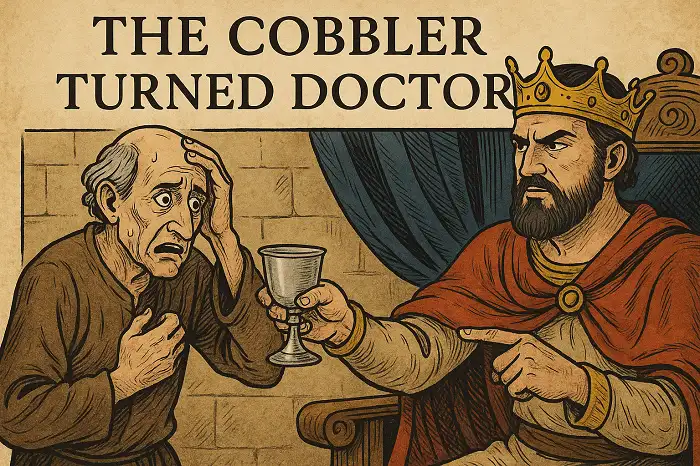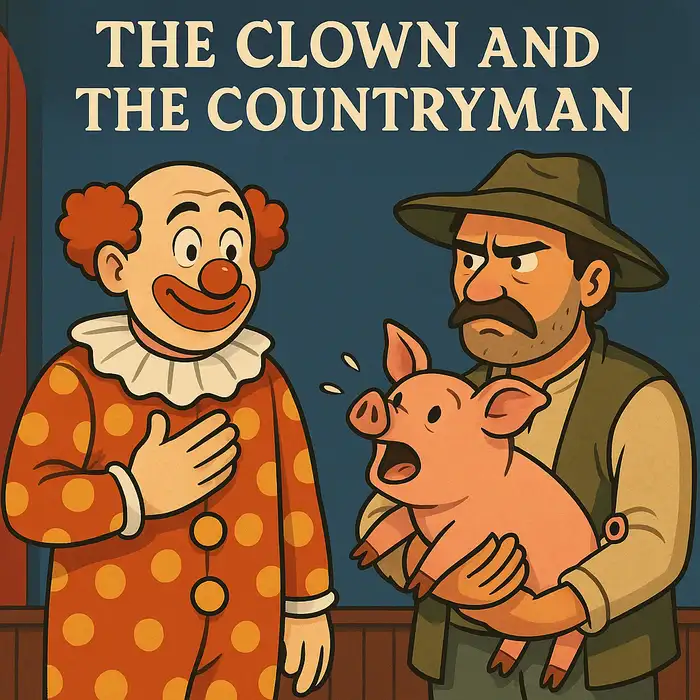Table of Contents
Traditional Instructional Theory
Traditional instructional theory assumes that knowledge and skill can be analysed into component parts that function in the same way no matter where they are used.
- Psychological theories of the 1920s assumed that learning of complex competencies could be broken down into discrete skills learnt separately, through developing individual stimulus-response bonds (Gipps, 1994). This is on the assumption that their composition into a complex performance can be reserved for some time later.
- Traditional learning is on the premise of behaviorism. A basic tenet of the behaviourist school is that learning is seen as linear and sequential.
- This notion is increasingly coming in to question as the importance of motivation and self-esteem to the learning process is recognised, as well as the view that practising higher order skills can help to develop or strengthen basic skills. The more serious legacy of this model has been the delaying of teaching higher order skills until the prerequisite skills in the hierarchy have been mastered.
- The second assumption of traditional instructional theory, that of decontextualisation is linked to decomposability: … each component of a complex skill is fixed, and that it will take the same form no matter where it is used.
- Evidence is beginning to accumulate that traditional schooling’s focus on individual, isolated activity, on symbols correctly manipulated but divorced from experience, and on de-contextualised skills may be partly responsible for our schools’ difficulty in teaching processes of thinking and knowledge construction. This theory is in conflict with rationalism or nativism.
- Knowledge learnt in this way is of no use because it cannot be applied, generalized or retrieved.
References
- Gipps, C. V. (1994). Beyond testing. London: Burgess Science Press.



